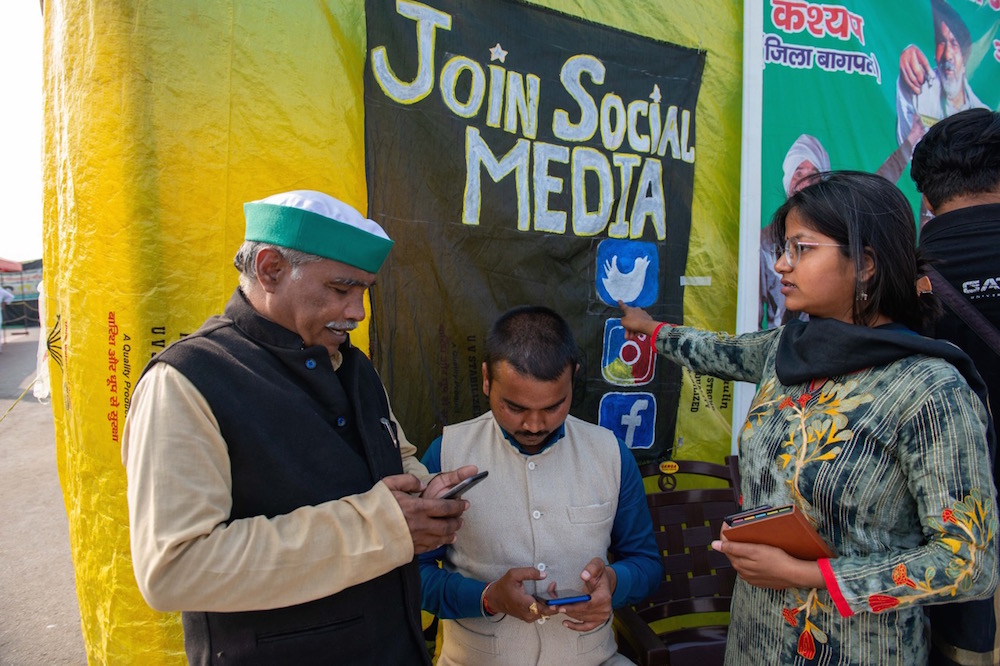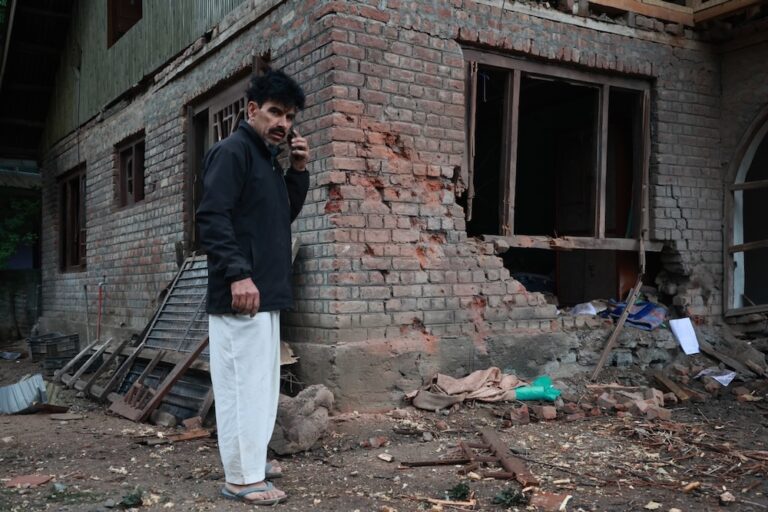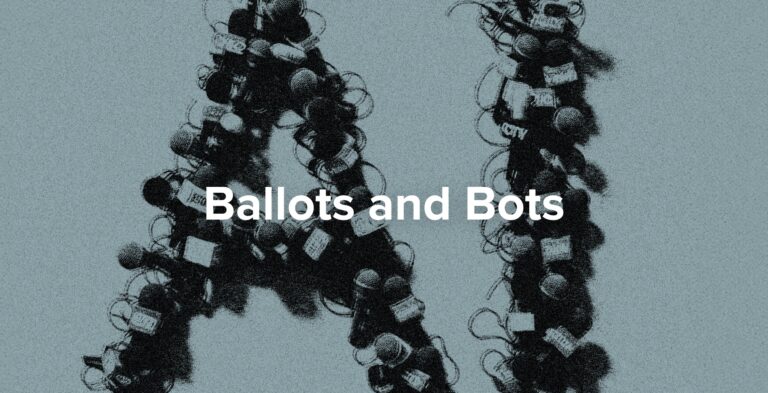The lawsuit filed by Twitter seeks judicial review of orders issued under Article 69A of the IT Act, a broad law that has been used by authorities to censor political, social, and religious speech.
This statement was originally published on freedomhouse.org on 13 July 2022.
The outcome of Twitter’s lawsuit against the Indian government will have global repercussions
In response to Twitter’s decision to sue the Indian government for restricting the visibility of tweets, including those posted by Freedom House, for users in India, Freedom House president Michael J. Abramowitz issued the following statement:
“The Indian government’s willingness to pressure Twitter into restricting the visibility of tweets is an alarming signal of India’s democratic decline under the government of Narendra Modi. The effects are not only felt by international organizations like ours. Indian human rights defenders, journalists, and members of marginalized communities bear the brunt of New Delhi’s restrictions on free expression. We’re glad to see Twitter challenge the government’s order, which is just one example of a much broader assault on internet freedom in India.
“Free expression is under relentless attack around the world, and Twitter’s lawsuit is a much-needed example of how private companies can and should respond to government censorship. The outcome of this case will have global repercussions. The court would set a welcome precedent for the protection of online speech by ruling in Twitter’s favor. A ruling that favors the government, however, may foretell broader and more aggressive crackdowns in India and around the world.”
Background
On June 26, Twitter disclosed that it restricted a number of accounts and tweets, including those posted by Freedom House, at the behest of the Indian government. The censorship orders targeted Freedom House tweets that highlighted the findings of our annual Freedom in the World and Freedom on the Net reports and featured a map with borders disputed by the Indian authorities. The government sent their requests between January 5 and December 29, 2021.
Twitter’s lawsuit, filed on July 5, 2022, seeks judicial review of orders issued under Article 69A of the IT Act, a broad law that has been used by authorities to censor political, social, and religious speech. Last year, the government instituted further censorship, surveillance, and operational requirements on large social media companies under the Information Technology (Intermediary Guidelines and Digital Media Ethics Code) Rules, commonly known as the IT Rules.
While India is a multiparty democracy, the government of Prime Minister Narendra Modi and his Hindu nationalist Bharatiya Janata Party (BJP) has presided over discriminatory policies and a rise in persecution affecting the Muslim population. The constitution guarantees civil liberties, including freedom of expression and freedom of religion, but harassment of journalists, nongovernmental organizations (NGOs), and other government critics has increased significantly under Modi. Muslims, scheduled castes (Dalits), and scheduled tribes (Adivasis) remain economically and socially marginalized.
India is rated Partly Free in Freedom in the World 2022 and Partly Free in Freedom on the Net 2021.



